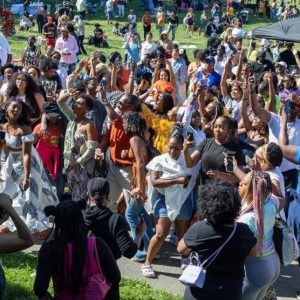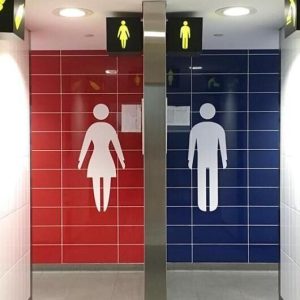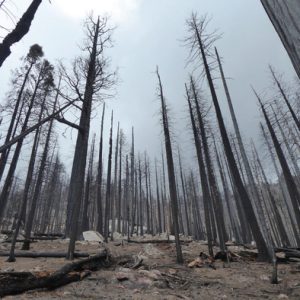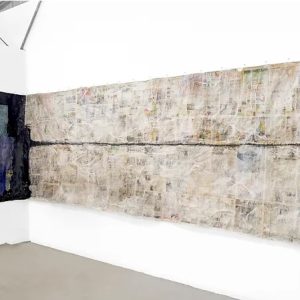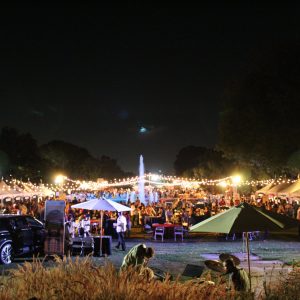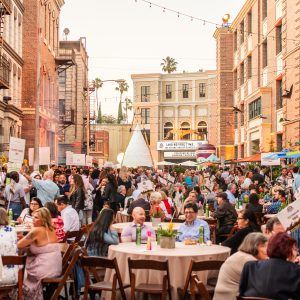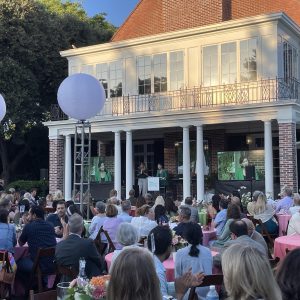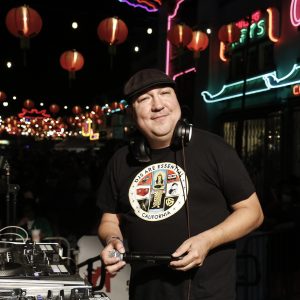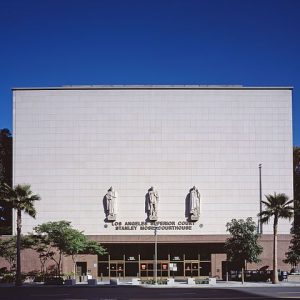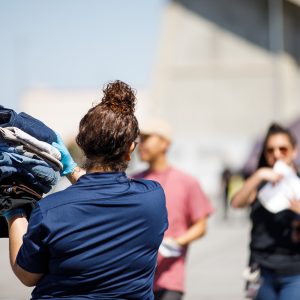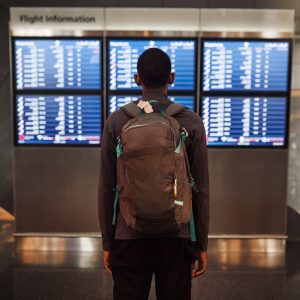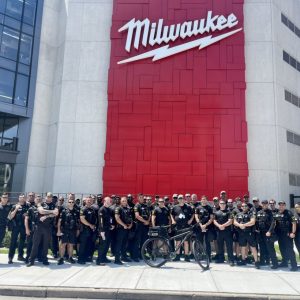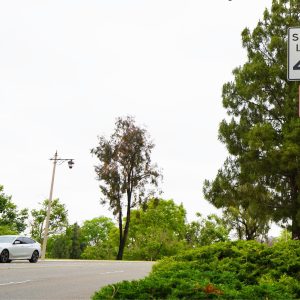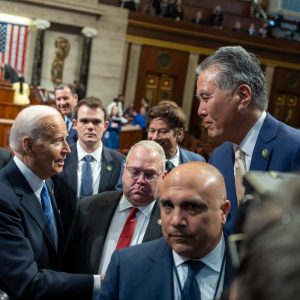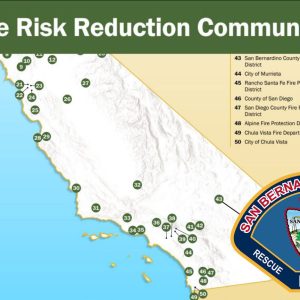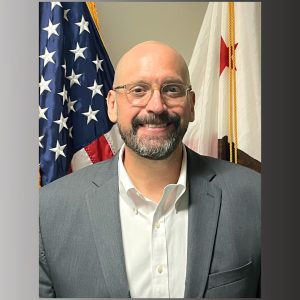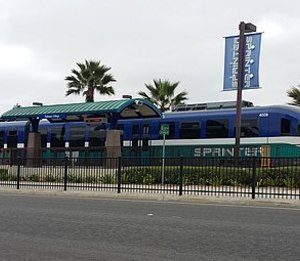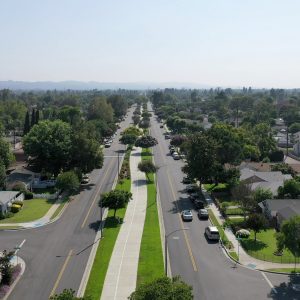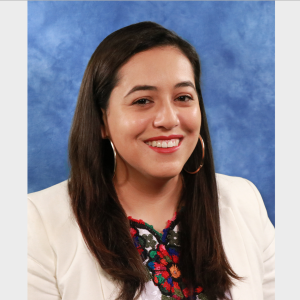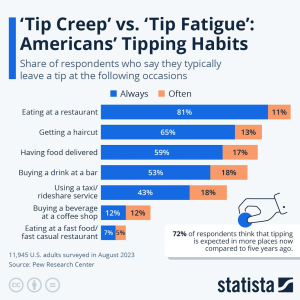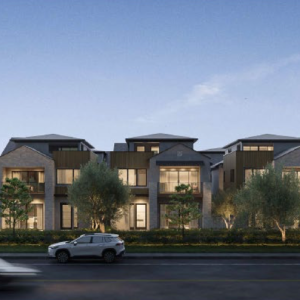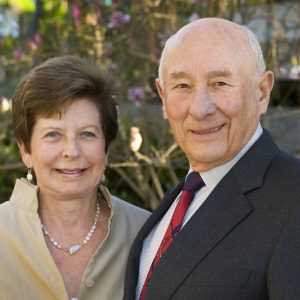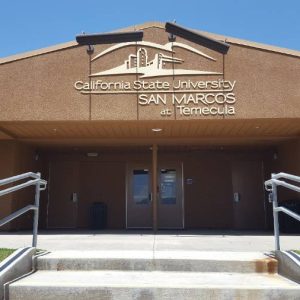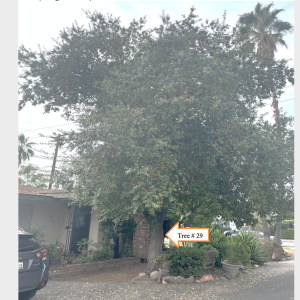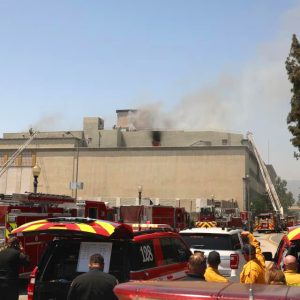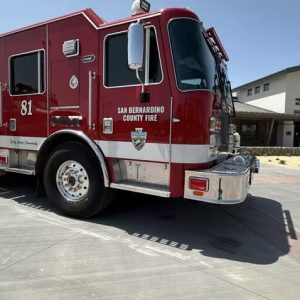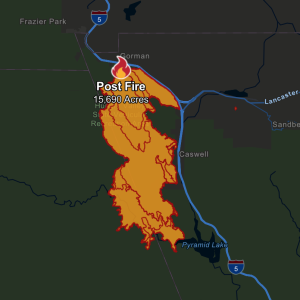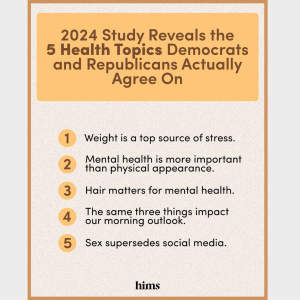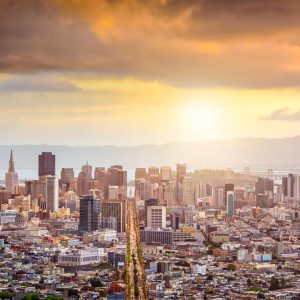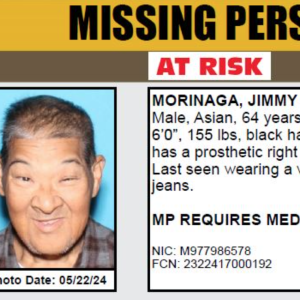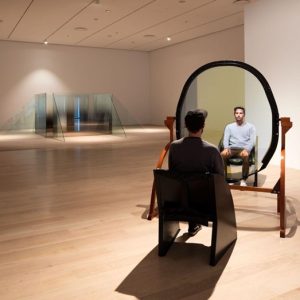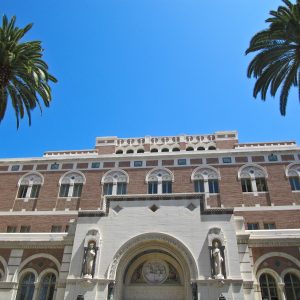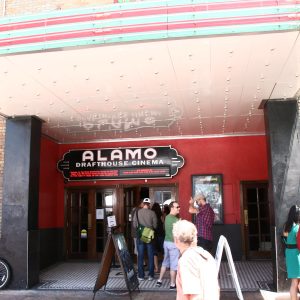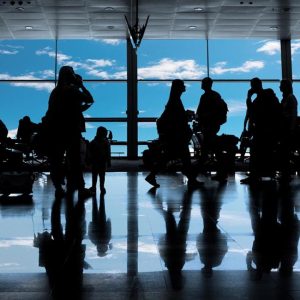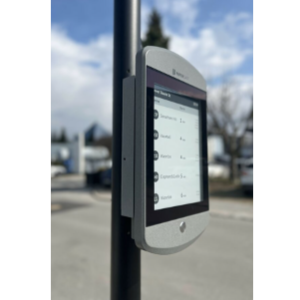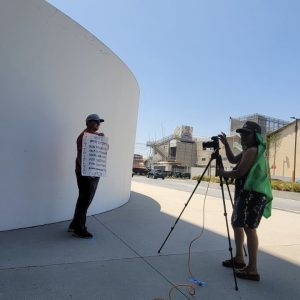 View Winners →
View Winners → Pasadena May Have to Decide Whether It Stays a ‘Sanctuary City’
By Nick Kipley
The senseless murder of Kathryn Steinle by illegal immigrant and multiple felon Juan Francisco Lopez-Sanchez in San Francisco late last month has become political synecdoche for the failure of the U.S.’s current Immigration Policy as it pertains to our southern border.
As such, many Californian cities, and the liberal supporters of such “sanctuary city” rules which allow illegals the right not to be questioned about their citizenship status, have found themselves yet again in Republican crosshairs.
This is due in part to the fact that Steinle’s death is the second time in the last decade in which a high-profile murder committed by an illegal immigrant has made the news in the City by the Bay.
In 2008, Edwin Ramos—an El Salvadorian citizen who entered the U.S. illegally when he was 13—was sentenced to 183 years in prison for the triple murder of S.F. resident Tony Bologna and his two teenage sons.
Bologna allegedly “briefly blocked [Ramos’] car from making a left-hand turn,” according to the San Francisco Chronicle reporting at that time.
As it turned out, Ramos was an active member of the originally L.A. based MS-13 gang, and knowledge of his criminal activity by the SFPD and FBI were made known during the trial.
In a report published by the Government Accountability Office on the subject, it claimed that the State of California consumes 70% of the $1.6 billion in federal funds delegated to all 50 states to house illegal immigrants, a fact that raises the overall cost of incarcerating any inmate.
According to the report, each year, taxpayer money is utilized by the federal government to the tune of $139 million, which is delegated to housing felonious illegals in our overcrowded prison system.
It is for that reason that Senate Bill H.R. 3009 (penned by Republican Representative Duncan Hunter of Temecula) passed in Congress.
The bill seeks to cut off federal funds to any state/county/city that upholds “sanctuary city” laws. What this means for Los Angeles County alone is a loss of $62 million a year unless—as per the bill—the entire policy towards how Southern California views incarcerated illegal immigrants is reconsidered, and the deportation of illegal immigrants who have committed serious felonies (and the money it may save taxpayers) is brought into the discussion as well.
Pasadena has had a history of supporting immigrants, and many in the city may not want to see the new policy enforced as it could have a potentially detrimental effect on the 31% of Pasadenans—and their families—who qualify as “foreign born persons.”
Due in part to cases like this, in 2010 the Pasadena Police Department was sued in 2010 by the conservative political advocacy group, Judicial Watch, that claimed that the city was secretly a “sanctuary city,” after it was revealed in a memorandum sent out by then-interim police chief Bernard K. Melekian, that “except in case of a national emergency, Pasadena does not check the immigration status of people with who it comes in contact with.” Rather than adjust policy in the wake of the lawsuit, Pasadena passed a comprehensive immigration reform in 2013 which actually strengthened their status as a supporter of such policy.
Despite the controversy of the new bill and what it might mean for the region, Pasadena lawmakers now faces the challenge of interpreting the bill and adjusting to accommodate their diverse immigrant population.




